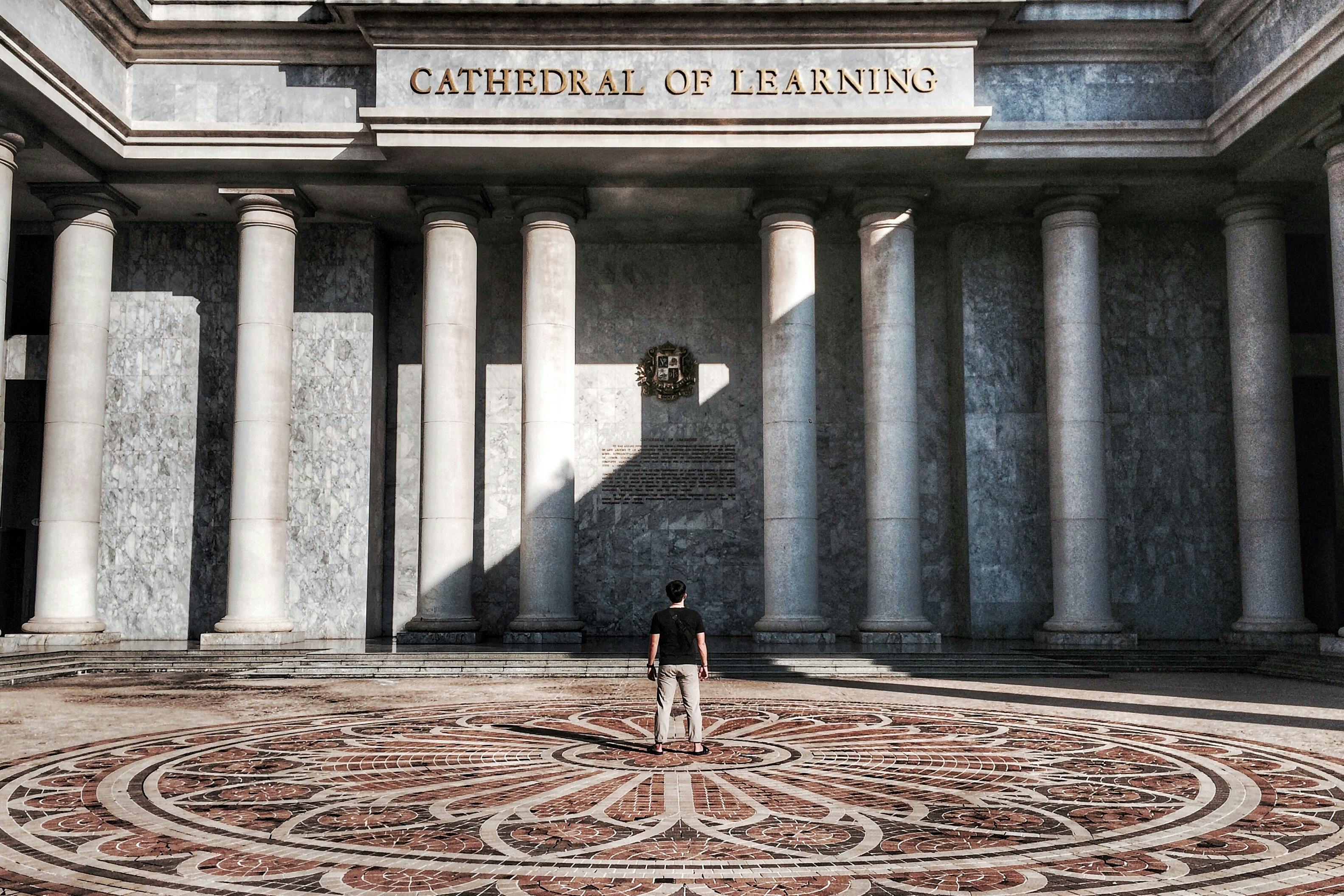I am constantly reading books on real estate investing, marketing, and other similar topics that interest me. I am reading right now Warren Buffet’s Wealth by Robert P. Miles. In the book, there is a section where Warren Buffet addresses compound interest. He lays out a hypothetical scenario, where if Queen Elizabeth, instead of investing $30,000 in Christopher Columbus’s scheme to chart a new passage to Asia, had invested in anything else that provided only a 4% compounded rate of return, she would have earned $2 billion. in 1963. In 2003, her investments would have been worth $9.6 trillion, which, according to the author, is more than the value of all publicly traded stocks in the same “new world” with which Columbus encountered about 500 years ago.
Why am I sharing this with you? Because one of the benefits of investing in real estate is the compounding effect that comes from long-term appreciation. Let me explain.
To facilitate the discussion, let’s make an oversimplified assumption. Let’s assume that all of the income you receive from your rental property is exactly equal to all of your expenses for that property. In other words, we will assume that there is never a positive or negative cash flow. For our discussion, the house always has a breakeven cash flow.
If you bought a house for $100,000 where all the income from the property paid for all the expenses on the property, what happens to the value of that property over time?
History has shown that despite short-term downward fluctuations, real estate values tend to rise over time. In Warren Buffet’s example, he used a 4% compounding rate of return. Real estate has historically grown 6-7% per year, but let’s use Warren Buffet’s 4% growth rate for this exercise to keep our numbers conservative.
If the value of your house grew at 4% per year, how much would the house be worth when you pay it off in 30 years? It would have an approximate value of $311,865. At the 30 year point, when your mortgage has been paid off, you will also have a good monthly income from the property.
This appreciation is one of the things that attracts investors to real estate as a long-term investment. If you want to have a certain amount of money 30 years from now when you’re getting ready to retire, you can figure out how many houses you need to buy this year with breakeven cash flow to achieve that goal.
For example, if you want to end up with a net worth of $2 million 30 years from now and you believe real estate will increase in value by 4% per year, then you would need to purchase approximately $642,000 worth of real estate today. If houses in your area cost $100,000, that would be about 7 houses. If houses in your area cost $200,000, then that’s about 4 houses.
Use your own numbers to determine how many houses you need to buy to meet your own financial goals.



